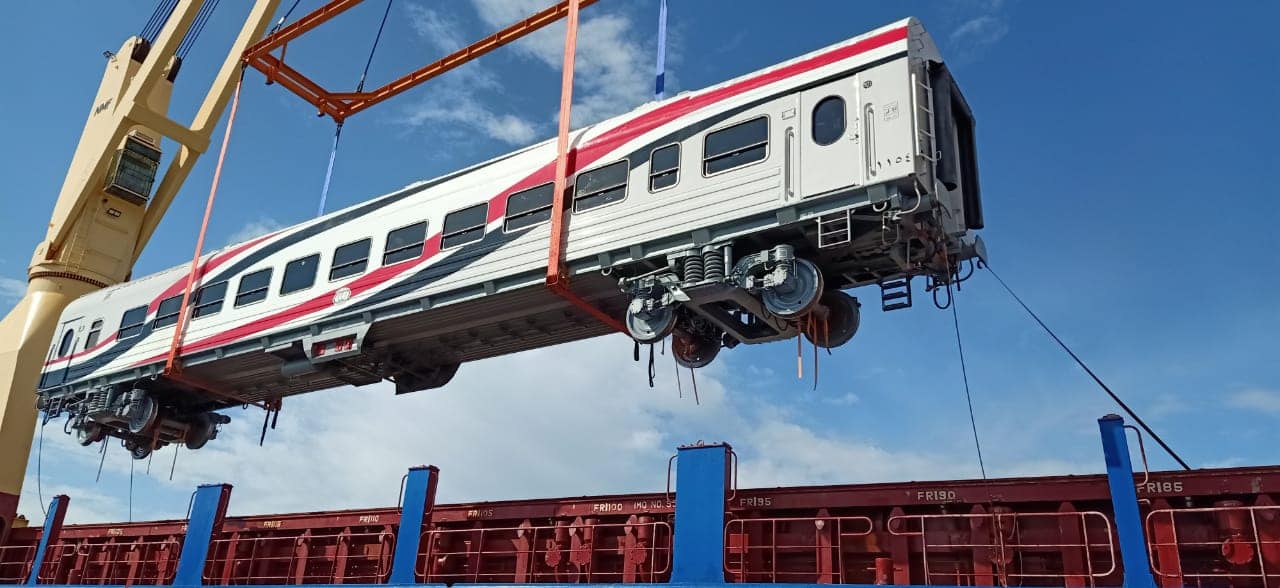
Reuters photographer Zohra Bensemra is following a group of families fleeing the war in Syria and seeking a new life in Europe. This report comes from Rosenheim, in southern Germany.
Taken off the train in the southern German town of Rosenheim, Ihab's family spent an uncomfortable 24 hours at the police station along with dozens of other refugees and migrants, mostly from Africa.
Ihab couldn't smoke, and became stressed. His wife Abeer was not allowed to retrieve the medicine to calm their younger daughter, and no one could go to the toilet unaccompanied. "You can't imagine how humiliating it was!" Abeer says.
The family, from the Syrian city of Deir al-Zor, had escaped their country's civil war and made their way from Turkey by boat, by bus, on train and even partly on foot. But there were still hundreds of miles to their destination in northern Germany, assuming the police let them on their way.
At 6 am, seven hours after they arrived at the police station, the questioning started. Where are you from in Syria exactly? How many children do you have? What documents do you have? All through a translator, who was more intimidating than the police themselves, Ihab says.
More than 12 hours later, at around 7 pm, they were called again, this time for a medical examination. A routine procedure, but not an easy one for a young Syrian man who grew up under President Bashar al-Assad's authoritarian rule.
"I was completely naked … I felt like I was imprisoned by Bashar’s forces. There was no difference," he says. "Before we left the police station they took photographs of us. I understand they want to protect their country – but good people always pay the price for the bad people."
Shortly after midnight they were driven back to the rail station, where they waited until 4.30 am for a train to Munich. A couple of hours later, cold and tired, they reached the city and Ihab bought a SIM card and called me. We hadn't spoken since they were taken off the train by police the previous morning.
Together, we buy our tickets for Luebeck – where Ihab's family are waiting for him – via Hamburg.
As we wait for the train Abeer tells me about her experience at the police station. Like many people from Deir al-Zor, a conservative Sunni Muslim city on the banks of the Euphrates river, she dresses modestly and wears a headscarf, or hejab.
"I'm not going to forget the last 24 hours. For the first time in my life I had to take off my clothes in front of strangers," she says. She looks haunted.




